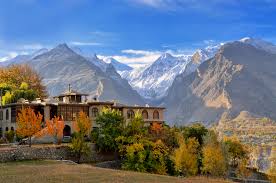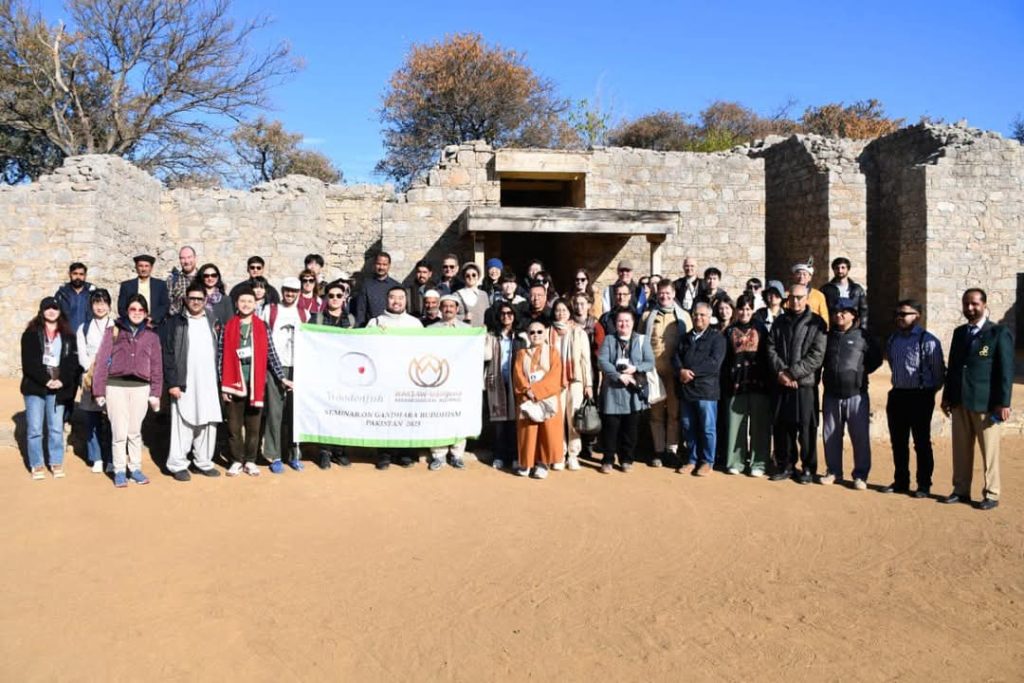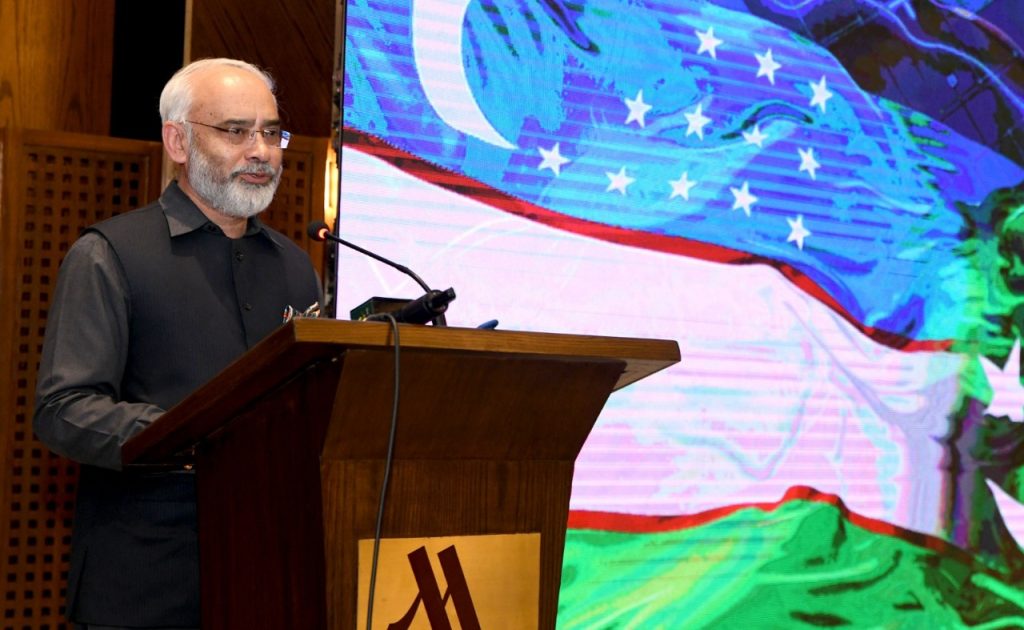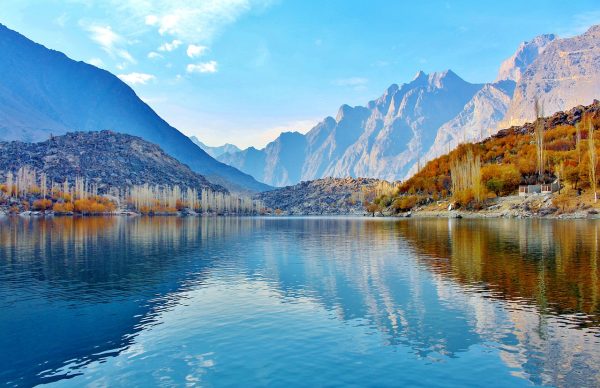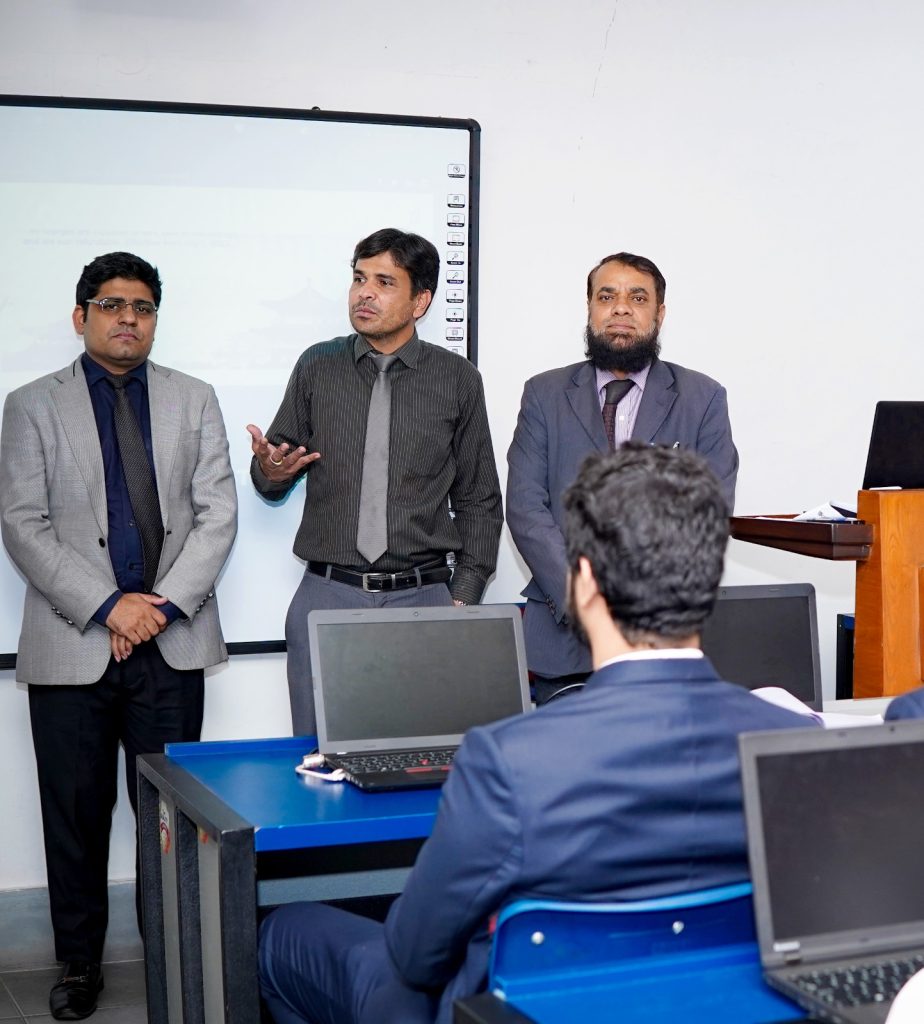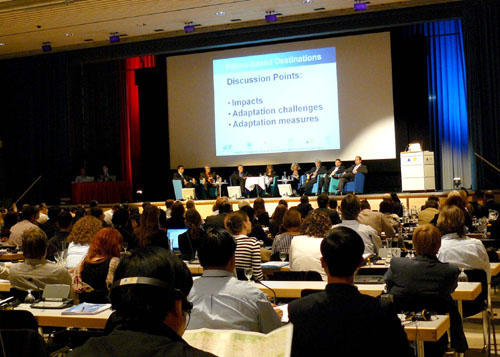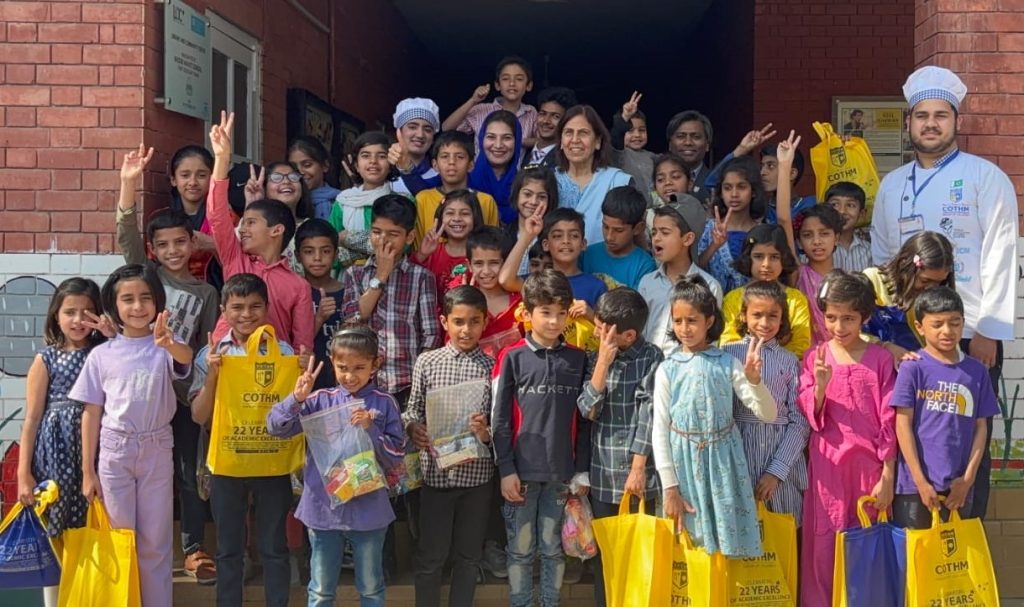The Pakistani tourism industry is poised for a transformation, thanks to the Special Investment Facilitation Council’s (SIFC) ambitious Green Tourism project. This initiative promises to revolutionize the sector by focusing on sustainability and infrastructure development, particularly in the breathtaking region of Gilgit-Baltistan.
For years, the tourism sector in Pakistan has faced challenges. Dilapidated infrastructure, particularly government guesthouses, has deterred potential visitors. The Green Tourism project tackles this head-on by renovating 44 guesthouses, transforming them into modern and comfortable accommodations. This not only enhances the tourist experience but also creates much-needed employment opportunities within the region.
But Green Tourism goes beyond bricks and mortar. The focus on sustainability is a welcome change. Eco-friendly practices will ensure the preservation of Pakistan’s pristine natural beauty, a key draw for tourists. This not only benefits the environment but fosters responsible tourism, making Pakistan a more attractive destination for environmentally conscious travelers.
The project’s success hinges on collaboration. The recent agreement between the Gilgit-Baltistan government and the Green Tourism Company signifies a positive step towards coordinated efforts. This partnership ensures the efficient execution of the project and paves the way for future sustainable tourism initiatives.
Green Tourism is more than just a project; it’s a vision for the future. By promoting sustainable practices and upgrading infrastructure, SIFC is not just revolutionizing the tourism sector, it’s creating a pathway for economic growth and job creation in Gilgit-Baltistan. This project has the potential to position Pakistan as a leader in eco-tourism, attracting a new generation of travelers seeking a unique and responsible travel experience.
The success of Green Tourism will be a testament to Pakistan’s commitment to responsible tourism and its ability to showcase its natural wonders to the world in a way that respects and preserves them for future generations.

